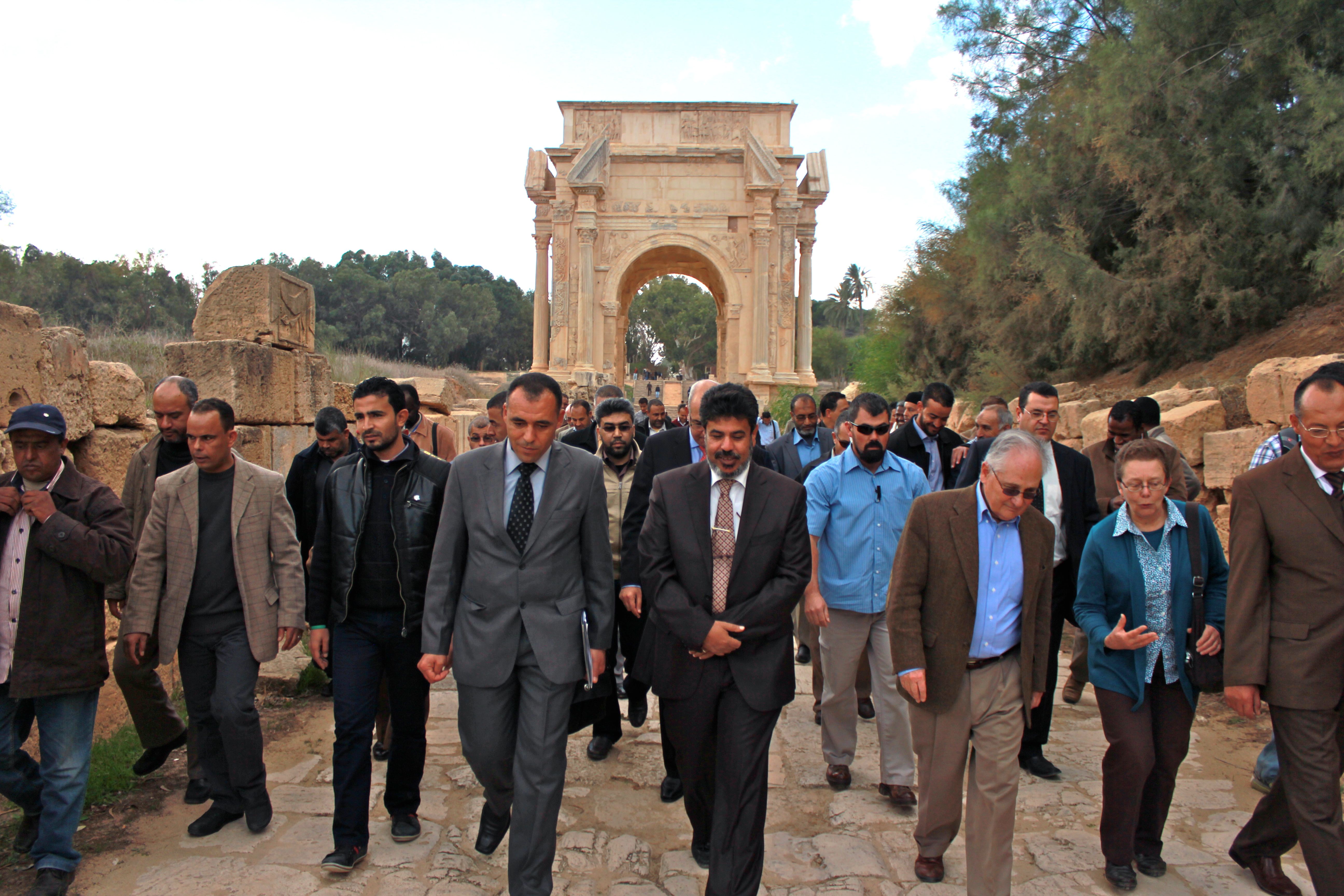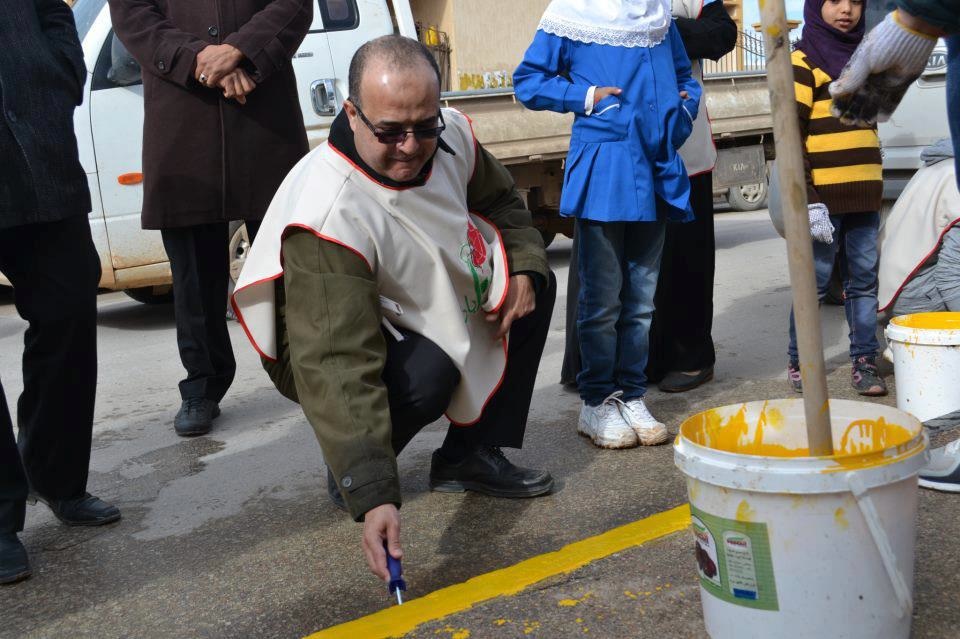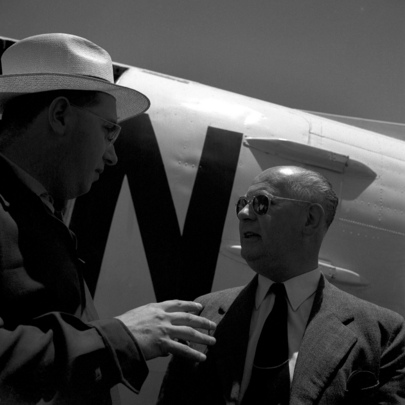By Tom Little.

Tripoli, 23 December:
The Department of Antiquities was badly neglected through the four decades of Qaddafi’s rule, but last . . .[restrict]week it took a step towards rebuilding its ability to preserve Libya’s rich archaeological heritage.
Amid the Roman ruins at Leptis Magna on Thursday, a class of forty Libyan archaeologists celebrated the end of an intensive training course organised by the American archaeological mission.
The proud graduates were presented their certificates by the head of the Department of Antiquites, Dr Salah Agab, the US Chargé d’Affaires in Libya, Laurence Pope and the Minister of Culture, Dr Habib Al-Amin.
Susan Kane, who heads the American mission and has been working on sites in Libya since the 1970s, was keen to play a role in restoring the department to its former glory.
“I want to see the department strong the way it was when I worked here first. It deteriorated very badly and now they need a lot of help,” she said at the ceremony.
Kane said part of the problem was that “there’s no national inventory of sites that’s readily available on modern technology, because it was all recorded pre-GPS and pre-computer. The paper records are good up to a point and then it stops.”
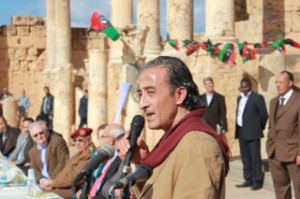
So rather than training students to find new treasures, the course focused on preserving what sites that have already been unearthed using the latest technology, with financial support from the US ambassador’s fund.
Kane also hoped that those who completed the course on Thursday would go on to train other Libyans in the field, Kane said, adding: “the more we can get working, the more they can spread out. It’s like putting yeast in flour and making bread”.
Graduates were also given English classes, which were essential to help them access information about their discpline, Catherine Winters, one of the trainers, told the Libya Herald.
Muftah Hadddad, who works as a consultant to the Department of Antiquities, said that such capacity building exercises were sorely needed after the neglect of the Qaddafi years.
“The department suffered a lot during the last four decades. You know, the previous regime didn’t pay any attention to archaeology,” he said.
Pointing to the ruins at Leptis where the graduation was held, he added: “They just used these sites as a prestige symbol for tourists and visitors. They did not really care about them”.
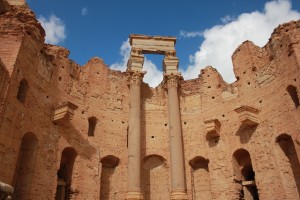
However, he was optimistic that things would improve with more training sessions like this one, saying the American Mission was already planning another course in the Jabal Nafusa this spring.
He was also sure the government would work to build the department up, saying he is greatly encouraged by the fact that the culture minister, Habib Al-Amin, is himself an archaeologist.
But with Prime Minister Ali Zeidan’s government facing serious challenges, particularly in the south, which was declared a closed military zone last week, it is hard to imagine that Libya’s archaeological heritage will be a top priority over the next year.
Nevertheless, Dr Adel Al-Turki, of the Department of Antiquities, said Libya should see its heritage as an opportunity for the future. He told the Libya Herald that attracting tourists to sites like Leptis Magna and Sabratha could help swell government coffers in the future.
He said: “If you consider it, it’s another source of funding after oil. One day the oil will run out, but if you preserve your archaeological sites and historical buildings, you will help generations to come. This could be a major source of income. It is much better than oil.” [/restrict]
